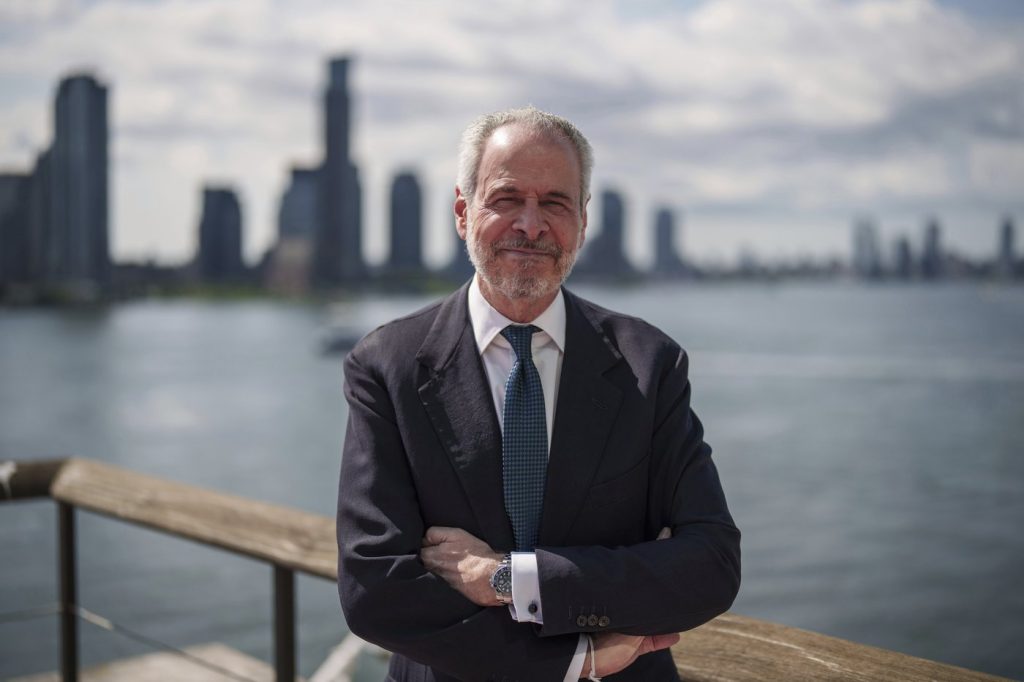NEW YORK (AP) – In November, world leaders, diplomats, business leaders, scientists, and activists will converge in Brazil for the United Nations' annual climate negotiations, COP30, set to take place in Belem. This year's venue was chosen deliberately to juxtapose global discussions on climate change with real and pressing social issues such as poverty and deforestation, underscoring the challenges that surround climate action.
COP30 President-designate, André Corrêa do Lago, highlighted that past conference locations have typically been affluent tourist destinations, showcasing their amenities while promoting climate action. The decision to host COP30 in a city grappling with significant infrastructure challenges and a high poverty rate aims to confront these inequalities head-on. "We cannot hide the fact that we are in the world with lots of inequalities," do Lago stated during an interview at United Nations headquarters.
Brazilian President Luiz Inácio Lula da Silva supports this vision, emphasizing the importance of fostering discussions on climate change that are relevant to the realities of developing nations. Do Lago mentioned, “When people will go to Belem, you are going to see a developing country and city with considerable infrastructure issues still with a high percentage of poverty.” The intent is to demonstrate how results from global discussions can lead to improvements in local communities.
As the conference approaches, concerns about accommodations are surfacing, despite two years of planning. Brazil is reportedly behind in securing enough hotel rooms for a conference that could see around 90,000 attendees. While the official United Nations COP30 website promised a booking portal to be in place by the end of April, details were only released recently, including arrangements for two cruise ships to provide additional lodging for guests. Brazil is attempting to ensure that 98 poorer nations can reserve accommodations first, but escalating lodging prices are causing unease.
Some venues reportedly charged exorbitant rates, reaching up to $15,000 per night. Although doses of hope were given by do Lago, who mentioned that prices are trending downward, local media reports suggest otherwise. In light of these challenges, local residents will be allowed to rent out their homes, potentially increasing the availability of accommodations.
This year's climate negotiations are particularly significant as countries were required to submit their updated plans, known as Nationally Determined Contributions (NDCs), aimed at reducing greenhouse gas emissions as outlined in the 2015 Paris Agreement. The COP will serve as a platform to assess these updates, particularly given that many are overdue and are expected to fall short of the 1.5-degree Celsius warming limit set in the Paris Agreement.
UN Secretary-General Antonio Guterres stressed the necessity for these plans to encompass entire economies, include all greenhouse gases, and align with global warming limitation efforts. Do Lago anticipates that addressing the gaps in these plans will be pivotal during the negotiations, especially since the world is at risk of surpassing the critical 1.5-degree Celsius benchmark.
While several vital discussions may occur outside the formal agenda, including the allocation of $1.3 trillion in financial aid for poorer nations affected by climate change, the discussions around nature and forest management are expected to take center stage. This is especially relevant for the Amazon rainforest, which significantly impacts carbon dioxide absorption but faces threats from deforestation.
In a related development, the United Nations' top court recently ruled that a clean and healthy environment is a fundamental human right, a decision that activists believe could provide momentum for stronger actions at COP30. Do Lago emphasized the importance of viewing emission-reduction strategies not merely as sacrifices but as opportunities for growth and positive change.
Do Lago expressed a desire for COP30 to be remembered as a conference of solutions, one where participants recognize the potential for creating opportunities amidst challenges related to climate action.











